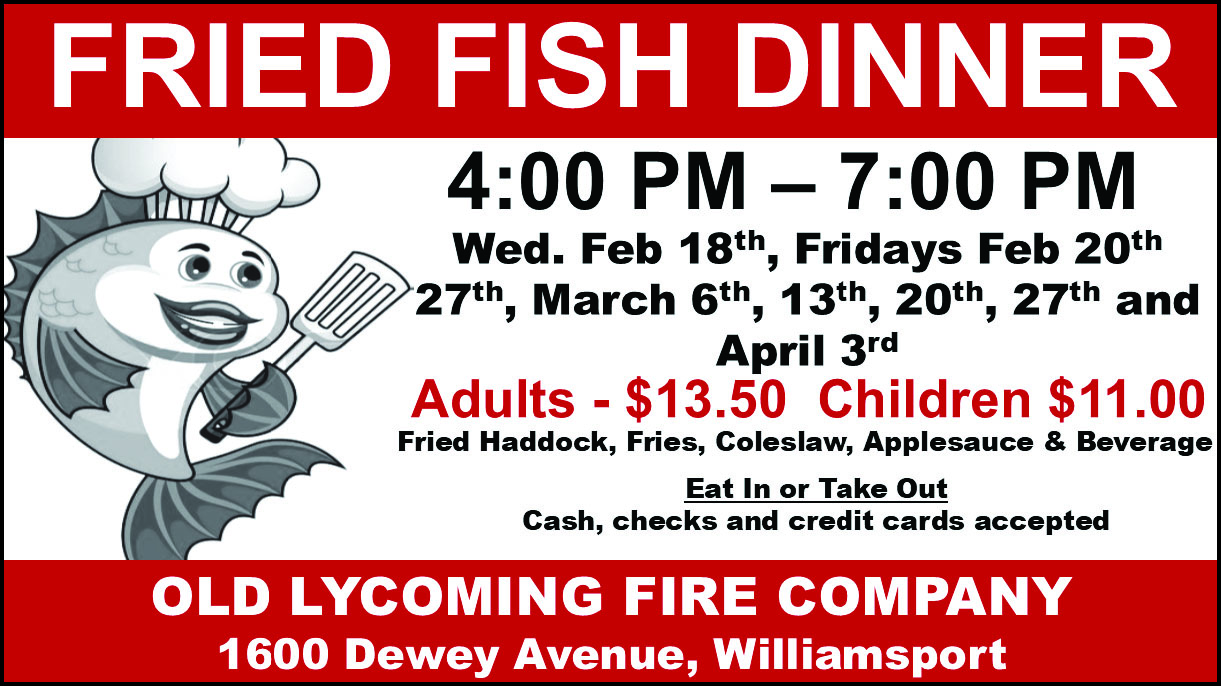“In the beginning was the Word, and the Word was with God, and the Word was God.”
That’s how the Apostle John opens his gospel about the life of Christ.
Though ancient Greek does not distinguish between upper- and lower-case letters, translators capitalize “Word” here because the last two clauses clearly show that it refers to Jesus.
And because he is the ultimate “Word,” Christians ought to take an interest in language. Indeed, with John’s opener echoing Genesis 1 — where God speaks words to begin creation — Christianity has been called an especially word-centered religion.
So as Easter approaches, let’s examine vocabulary related to the season. I’ve tried to arrange these chronologically, rather than my usual alphabetization.
Which means (as John would have it) that we must begin with the Man himself:
Jesus is the Greek version of the Hebrew name Joshua, which literally means “Jehovah [or God] is salvation.” Christ, of course, is not his last name, but rather a title; it comes from the Greek khristos, meaning “the Anointed” — showing that He was set apart by God; its Hebrew equivalent is Messiah.
Jerusalem, the city where Christ was crucified, is an Anglicization of an ancient Hebrew compound meaning “Foundation of Peace.”
(In this case, Anglicization means taking a word from some language with different letters than ours — like Greek and Hebrew — and rendering it roughly into English.)
The final two syllables in Jerusalem are a form of the common Hebrew expression shalom, meaning “peace.” The famous Hebrew king Solomon also got his name from this — as did our Massachusetts city Salem. (Too bad the latter is now commonly associated with something not tremendously peaceful!)
Gethsemane – Pronounced “geth-SEM-uh-nee,” this garden outside Jerusalem was the site of Jesus’ betrayal and arrest. The name comes from an Aramaic term meaning “oil press,” probably related to olives grown there. The idea of a liquid being squeezed out is symbolically interesting, as Gethsemane was also the place where Jesus experienced “sweat like drops of blood falling to the ground” (Luke 22:44).
Good Friday – Christ was condemned and crucified on this last Friday before Easter. Though it was a period of unimaginable pain and grief (see my last entry — and the next), Christians have “good” reason for calling it that: Only the sacrificial suffering of Christ could free mankind from the curse and captivity of sin.
And that’s a very good thing indeed.
Via Dolorosa – Not as well known as the other terms here, this is, as Wikipedia puts it, a processional route through Jerusalem, representing the path that Jesus took on the way to crucifixion.
The term is Latin for “way of pain”: The common base via means “way” or “road” — as in, for example, viaduct, deviate and Williamsport’s Via Bella (“beautiful road”); while dolor means “pain” — as in doleful, dolorous, condolence and indolent (“no pain”).
Golgotha – The final destination on the Via Dolorosa, this is the hill or mount on which Christ was crucified. As both Matthew and Mark tell us in their gospels, it means “place of the skull” — more likely from its appearance than from its association with death.
The term’s Greek equivalent is kraniou topos — related to cranium, and to such “place”-words as topography and utopia (literally: “no place”). But the Latin rendering is simpler: Calvary.
On a minor but interesting note, the related Latin word calvus means “bald.” It is where we get the name Calvin — one of the most influential theologians in church history.
Crucifixion – While it nearly always refers to the death of Jesus, this and its root crucify can be generic terms for that brutal method of execution, which was used on many others. The word itself is a compound of the Latin cruc, meaning “cross,” and figere, meaning “to fasten, fix.” Most of our words with fix contain the latter (affix, fixate, prefix, etc.; even fiche); the former has given us crucial and crux. In those words, the connection has to do with crossroads, where important (or crucial) things often occur.
Like the death of Christ.
Resurrection Not hard to see how this word relates to its Latin prefix re-, meaning “back, again” — a formation used in hundreds of English words. The rest of the term is related both to our word surge and to the similarly common Latin prefix sub-, meaning “under, beneath.”
Easter Yes, this does relate to the word “east” — but not in some corny spiritual pun like “where the Son rises.” It is in fact from a word-group with aus(t) and austron, all having to do with “east,” “dawn” and “shine.” This root-set has also given us “Austria, “Australia” and even “aurora.”
As a final note on this piece, let me acknowledge my considerable debt to the amazing and authoritative Online Etymology Dictionary… but an even bigger debt to the One whose death and resurrection gave us “words of eternal life” (John 6:68).



